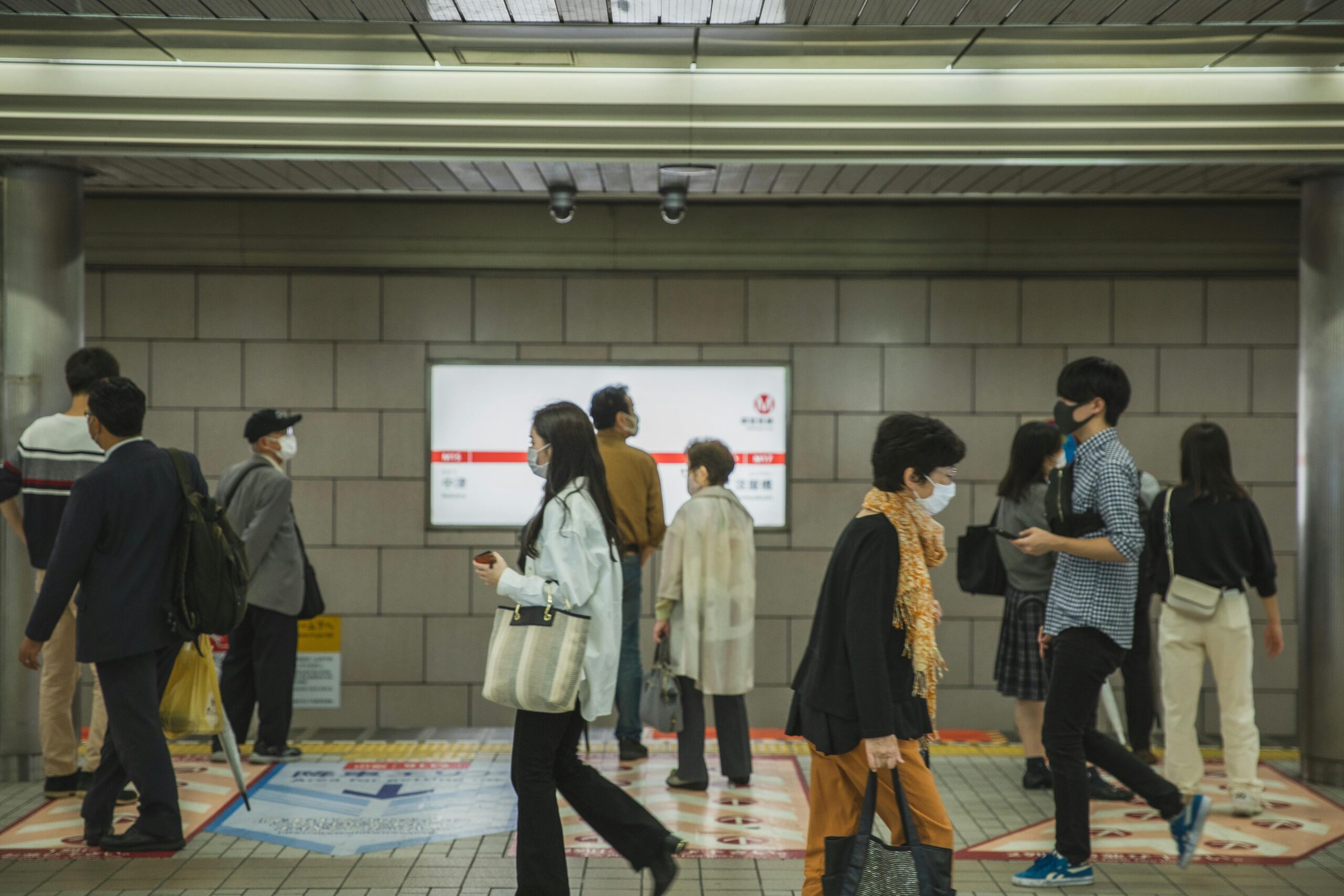In recent months, Thailand’s tourism industry has been hit hard by safety concerns, leading to a significant shift in travel preferences among Chinese tourists. With increasing reports of scams, abductions, and security issues in Thailand, many Chinese travelers are now opting for safer and more reliable destinations—Japan being a top choice.

Thailand’s Safety Concerns: Why Are Chinese Tourists Looking Elsewhere?
The safety of tourists in Thailand has come under scrutiny after a series of alarming incidents. One of the most high-profile cases involved the abduction of Chinese actor Wang Xing, who was lured to Thailand under false pretenses and then kidnapped to Myanmar, where he was forced to participate in online scams. The case sparked widespread fears among Chinese travelers, resulting in a decline in tourism numbers.
Despite efforts by Thai authorities, including an AI-generated video message from Prime Minister Paetongtarn Shinawatra reassuring tourists, concerns remain. Industry analysts predict a potential 10% to 20% drop in Chinese visitors, particularly during peak travel seasons such as the Lunar New Year.
Japan Emerges as a Safer, More Attractive Destination
As confidence in Thailand dwindles, Japan has experienced a surge in Chinese tourists. In 2024, Japan set a new tourism record with 36.8 million visitors, of which 6.98 million were Chinese. This influx is largely driven by perceptions of safety, cleanliness, and cultural affinity—factors that make Japan an increasingly attractive option.

What’s Driving Chinese Tourists to Japan?
- Safety and Cleanliness: Japan is renowned for its low crime rate and well-maintained public spaces, making it one of the safest travel destinations.
- Cultural Connection: Many aspects of Japanese culture, from cuisine to historical landmarks, resonate strongly with Chinese tourists.
- Food Tourism: Chinese visitors overwhelmingly praise Japanese cuisine, with a whopping 96% reporting they engage in food-related experiences while traveling in Japan.
- Convenient Travel: Short flight times and well-developed tourism infrastructure make Japan a hassle-free destination.
The Impact on Thailand’s Economy
Thailand had set an ambitious goal of attracting up to 9 million Chinese tourists in 2025, but this now appears uncertain. Recent data indicates a 94% increase in flight cancellations from China to Thailand, as more travelers seek alternative destinations. This could have significant financial repercussions for Thailand’s tourism-dependent economy.

Frequently Asked Questions (FAQs)
1. What specific incidents have raised safety concerns in Thailand?
One of the most notable cases was the abduction of Chinese actor Wang Xing, who was deceived into traveling to Thailand before being kidnapped and taken to Myanmar for forced online scam operations.
2. How has the Thai government responded?
The Thai government, including Prime Minister Paetongtarn Shinawatra, has attempted to reassure Chinese tourists through public statements and social media campaigns. However, skepticism remains high among potential travelers.
3. Why are Chinese tourists choosing Japan over Thailand?
Factors include Japan’s strong reputation for safety, cultural familiarity, exceptional cuisine, and seamless travel experiences.
4. How is this shift affecting Thailand’s economy?
Thailand’s tourism industry heavily relies on Chinese visitors, and a continued decline could significantly impact local businesses, hospitality sectors, and overall economic growth.
5. Is it still safe to travel to Thailand?
While Thailand remains a major global tourism hub, travelers are advised to stay informed, follow travel advisories, and take necessary precautions when visiting.
Conclusion: What’s Next for Thailand’s Tourism Industry?
The shift of Chinese tourists from Thailand to Japan highlights how security concerns can significantly influence travel trends. If Thailand hopes to regain its standing as a top destination, it must implement stricter safety measures and regain the confidence of international visitors. Otherwise, Japan—and other safer alternatives—will continue to benefit from this changing travel landscape.
Sources Bloomberg


